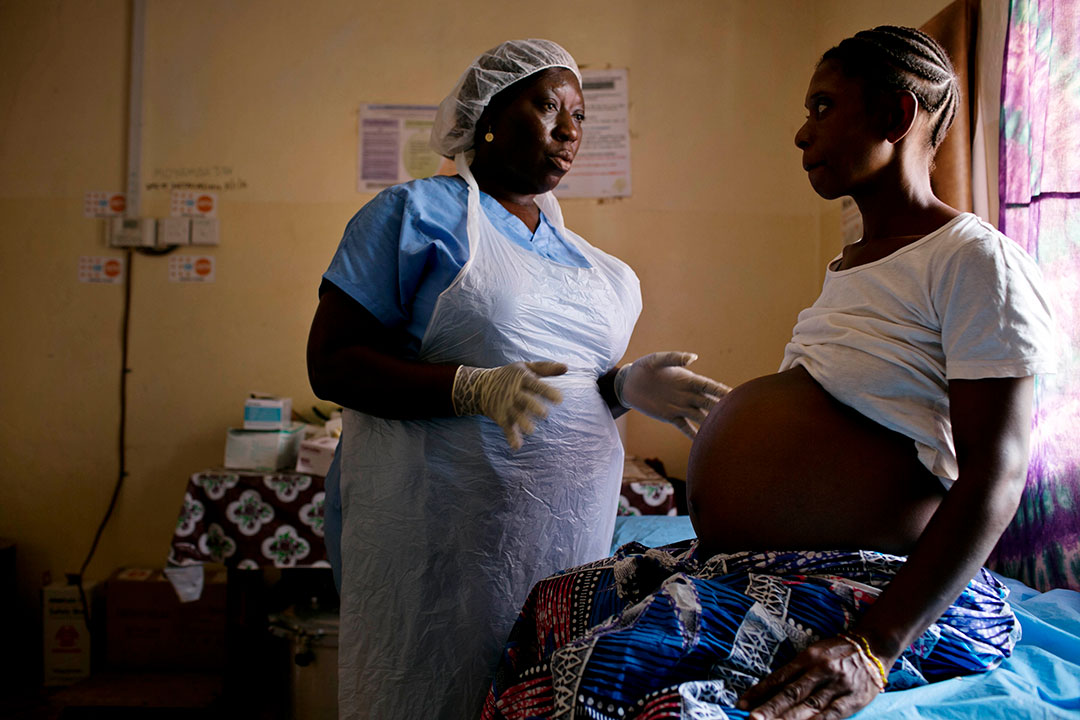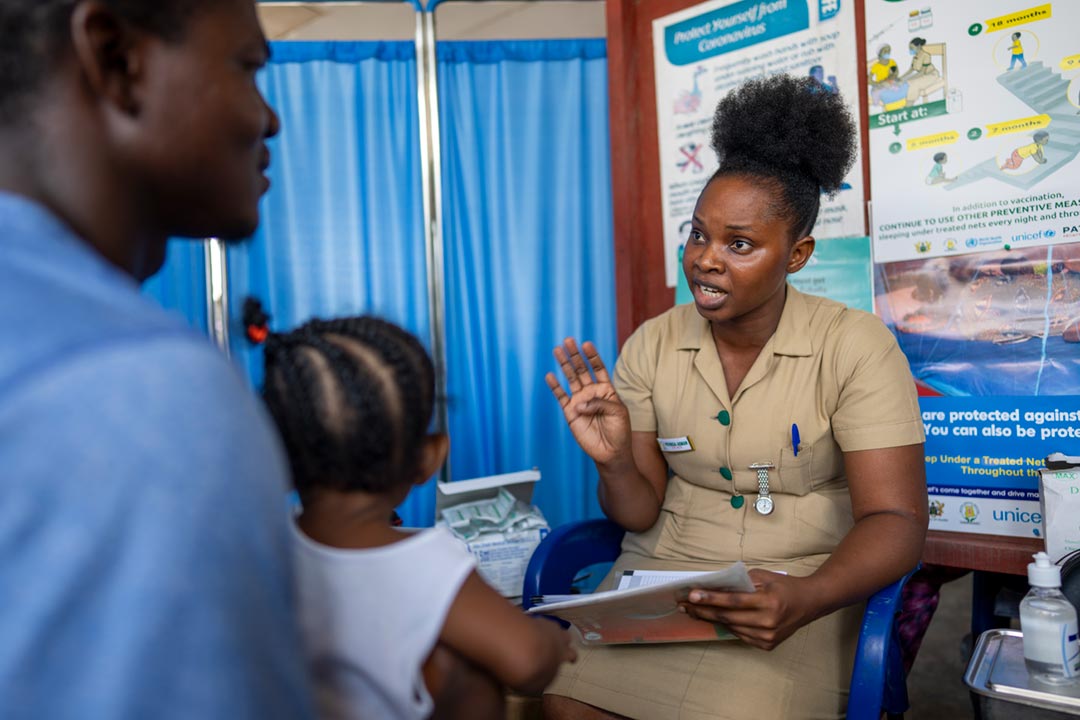COVID-19 greatly increases risks to pregnant women: largest sub-Saharan study
A large six-country study in Africa shows that pregnant women are more likely to be admitted to intensive care or to die if they have COVID-19, indicating the importance of vaccination.
- 9 June 2022
- 4 min read
- by Priya Joi

What is the research about?
Numerous studies have shown that COVID-19 increases the risks to pregnant women – and outweighs any risks from COVID-19 vaccination – but until now, these have mostly been done outside Africa or Asia. This new study, published in Clinical Infectious Diseases, sought to examine the risks associated with catching COVID-19 during pregnancy in sub-Saharan Africa, which is particularly important given higher rates of underlying diseases such as HIV/AIDS, malaria and TB in this region.
Despite data showing that COVID-19 vaccines are safe in pregnancy, as of 23 February 2022, only ten out of 54 African countries were recommending COVID-19 vaccines for pregnant women. This failure to update policy, combined with misinformation, is keeping COVID-19 vaccine coverage in pregnant women dangerously low.
COVID-19 vaccination rates are also much lower in Africa and other low-income regions compared with the rest of the world. Although early vaccine trials excluded pregnant women, there is now plenty of evidence to suggest that COVID-19 vaccination is safe in pregnant and lactating women.
What did the researchers do?
Dr Jean Nachega, an infectious disease epidemiologist at Stellenbosch University in South Africa and colleagues examined data from 1,315 women of child-bearing age who were hospitalised between March 2020 and March 2021 in one of six sub-Saharan countries: the Democratic Republic of the Congo, Ghana, Kenya, Nigeria, South Africa and Uganda.
Around a third of the women were pregnant and infected with COVID-19, a third were pregnant but didn’t have COVID-19, and the final third were women with COVID-19 who were not pregnant.
What did they find?
Pregnant women with COVID-19 were twice as likely to be admitted to the intensive care unit (ICU) and to need supplemental oxygen, and five times more likely to die, compared to those who didn’t have COVID-19.
Underlying diseases also appeared to increase the severity of the infection or risk of dying from it: Both pregnant and non-pregnant women with HIV, non-gestational diabetes or with a history of TB, had a two-fold increased risk of being admitted to intensive care if they caught COVID-19, compared to women without these conditions.
Have you read?
The proportion of low birthweight and preterm babies born was similar between pregnant women with or without COVID-19, although the researchers say their study may not have included enough women to know if this is really the case. A separate study, which included participants from 18 countries across the world, suggested that COVID-19 in pregnancy was associated with higher rates of preterm birth compared to pregnant women who didn’t have COVID-19.
What does this mean?
Along with previous studies, this research clearly lays out the increased risks for pregnant women if they become infected with COVID-19.
Despite data showing that COVID-19 vaccines are safe in pregnancy, as of 23 February 2022, only ten out of 54 African countries were recommending COVID-19 vaccines for pregnant women. This failure to update policy, combined with misinformation, is keeping COVID-19 vaccine coverage in pregnant women dangerously low, the researchers said. Vaccine hesitancy is high in pregnant women in Africa, and only 19% have said they are planning to take the vaccine.
In an editorial published alongside the study, Nachega and colleagues examined current barriers to vaccination in pregnant African women and offered four recommendations. First, policymakers should prioritise pregnant women for COVID-19 vaccination and aim for 100% coverage. This should be accompanied, they say, by evidence-based public health campaigns to educate women and help overcome hesitancy. Policymakers should also consider expanding the offer of COVID-19 vaccination to include access to antenatal care, obstetric and gynaecological services, and clinics where other vaccines, such as tetanus, are routinely administered to pregnant women. Finally, they would like to see better national monitoring of vaccine uptake, and ongoing surveillance to monitor safety and other outcomes.








